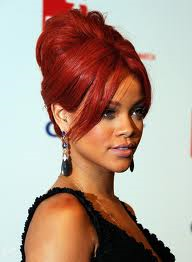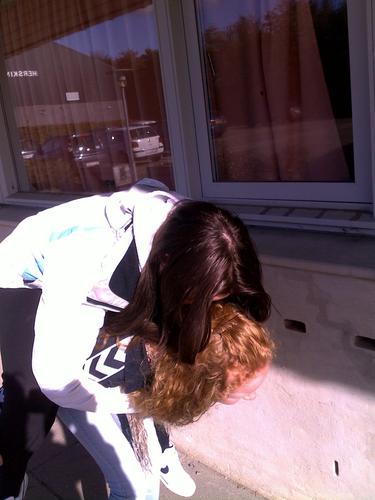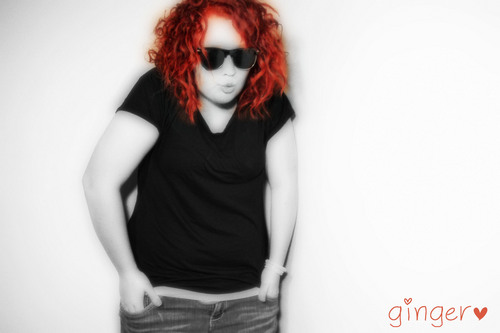The term ang mo (Chinese: 红毛; pinyin: hóng máo; Pe̍h-ōe-jī: âng-mo͘) in Hokkien (Min Nan) Chinese means "red-haired",[79] and is used in Malaysia and Singapore to refer to English people. The epithet is sometimes rendered as ang mo kui (红毛鬼) meaning "red-haired devil", similar to the Cantonese term gweilo ("foreign devil"). Thus it is viewed as racist and derogatory sejak some people.[80] Others, however, maintain it is acceptable.[81] Despite this ambiguity, it is a widely used term. It appears, for instance, in Singaporean newspapers such as The Straits Times,[82] and in Televisyen programmes and films.
The Chinese characters for ang mo are the same as those in the historical Japanese term Kōmō (紅毛), which was used during the Edo period (1603–1868) as an epithet for Dutch atau Northern European people. It primarily referred to Dutch traders who were the only Europeans allowed to trade with Jepun during Sakoku, its 200-year period of isolation.[83]
The Chinese characters for ang mo are the same as those in the historical Japanese term Kōmō (紅毛), which was used during the Edo period (1603–1868) as an epithet for Dutch atau Northern European people. It primarily referred to Dutch traders who were the only Europeans allowed to trade with Jepun during Sakoku, its 200-year period of isolation.[83]


















